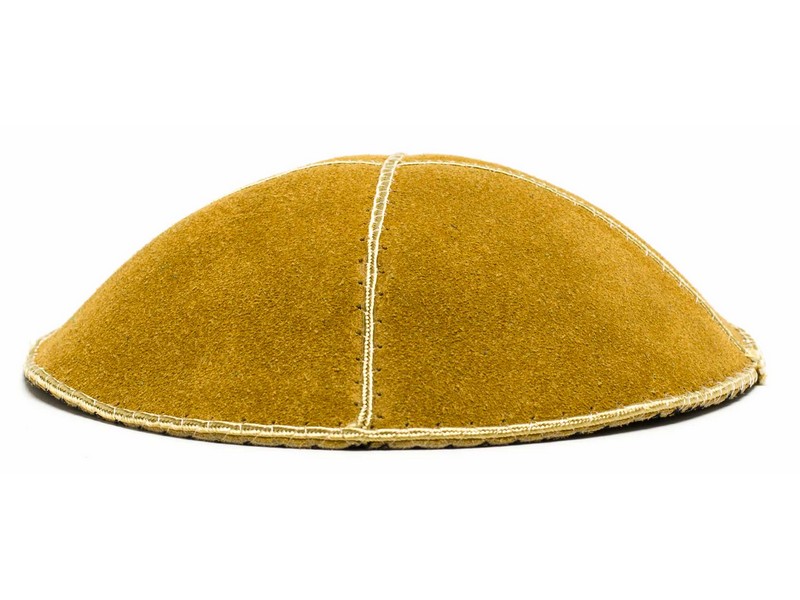

Kippot can be decorated like other Judaica items.

Many Ashkenazi Jews wear such yarmulke into a synagogue, or for holidays. Velvet kippot of four wedges of dark shades are also worn by men from less strict communities. The name of the child, embroidered over the picture of the Jerusalem wall looks very bright and attractive. Kippa black velvet is also suitable for childrenįor example, it may have the word Jerusalem, embroidered with a colored velvet thread on a black background. A large-sized knitted headdress with a stripe around it can mean that the person who wears it identifies himself as a follower of the teachings of Rabbi Abraham-Itzhak Cook. So some parents believe that it will help instill a love of Judaism. Children can choose it with any favorite image. They are suitable for adults and children. Knitted yarmulkes come in different sizes, patterns, and colors It is white, often made of satin or silk. On special days it is customary to wear a festive kippah. If it is small, then it is fixed with a special hairpin. If a kippah made with stretching material that covers most of the head, then it must not fall. The hand-embroidered yarmulke is very festive.

Today, there are many types of yarmulke: knitted, satin, velvet, terylene, suede, leather, and others. The tradition has become so powerful that Shulchan Aruch forbids walking without covering the head more than a few steps, and the fallen kippah, when raised, is kissed like the Torah. The kippah is a tradition that has become an integral part of the religion of a Jew. When a boy begins to walk, he is taught to wear a yarmulke and the responsibility rests with his parents. It is forbidden to utter a blessing or study the Torah with a bare head.Įven a boy under the age of 13, who is not yet responsible for keeping the commandments, wears a kippah. Wearing this headdress testifies to belonging to the people who fulfill the commandments of the Most-High. Now the yarmulke is considered mandatory. Although this is not an explicit law in the Torah, over the years it has become a generally accepted custom. Jewish law requires that Jewish men cover their heads as a sign of honor and reverence for God. Kippah, or yarmulke, is a headdress worn by a religious Jew


 0 kommentar(er)
0 kommentar(er)
